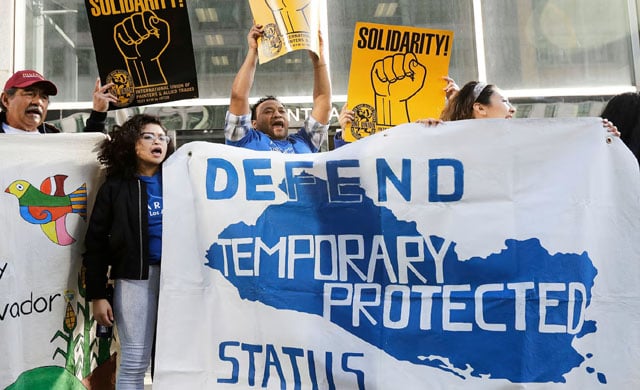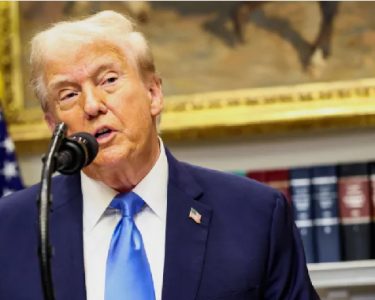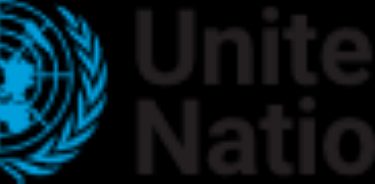
WASHINGTON, July 8 (NNN-AGENCIES) — The Trump administration said that it was revoking temporary legal protections for tens of thousands of Hondurans and Nicaraguans living in the United States.
The United States grants Temporary Protected Status (TPS) to foreign citizens who cannot safely return home because of war, natural disasters or other “extraordinary” conditions.
More than 70,000 Hondurans and 4,000 Nicaraguans were given TPS after Hurricane Mitch devastated the Central American nations in 1998.
The Department of Homeland Security (DHS) said it was ending TPS for Hondurans and Nicaraguans because conditions have improved to the point where they can return home safely.
“Temporary Protected Status was designed to be just that — temporary,” Homeland Security Secretary Kristi Noem said in a statement.
“It is clear that the Government of Honduras has taken all of the necessary steps to overcome the impacts of Hurricane Mitch,” Noem said. “Honduran citizens can safely return home.”
The Washington Office on Latin America (WOLA), a US-based NGO that conducts research and human rights advocacy, urged a reversal.
“Apart from multiple natural disasters, Honduras and Nicaragua have faced for decades structural impunity, violence, poverty, and a lack of access to basic public services,” the group said
As for Nicaragua, DHS said “the environmental situation has improved enough that it is safe enough for Nicaraguan citizens to return home.”
WOLA noted that Nicaraguans live under “a fully authoritarian government that denies civic liberties,” adding, “Secretary of State Marco Rubio has said the Nicaraguan regime is an ‘enemy of humanity.'”
President Donald Trump has pledged to carry out the largest deportation campaign in US history and curb immigration, mainly from Latin American nations.
In addition to Hondurans and Nicaraguans, the Trump administration has also revoked TPS for Haitians, Afghans, Nepalis, Venezuelans and Cameroonians. Some of these decisions face court challenges. — NNN-AGENCIES





